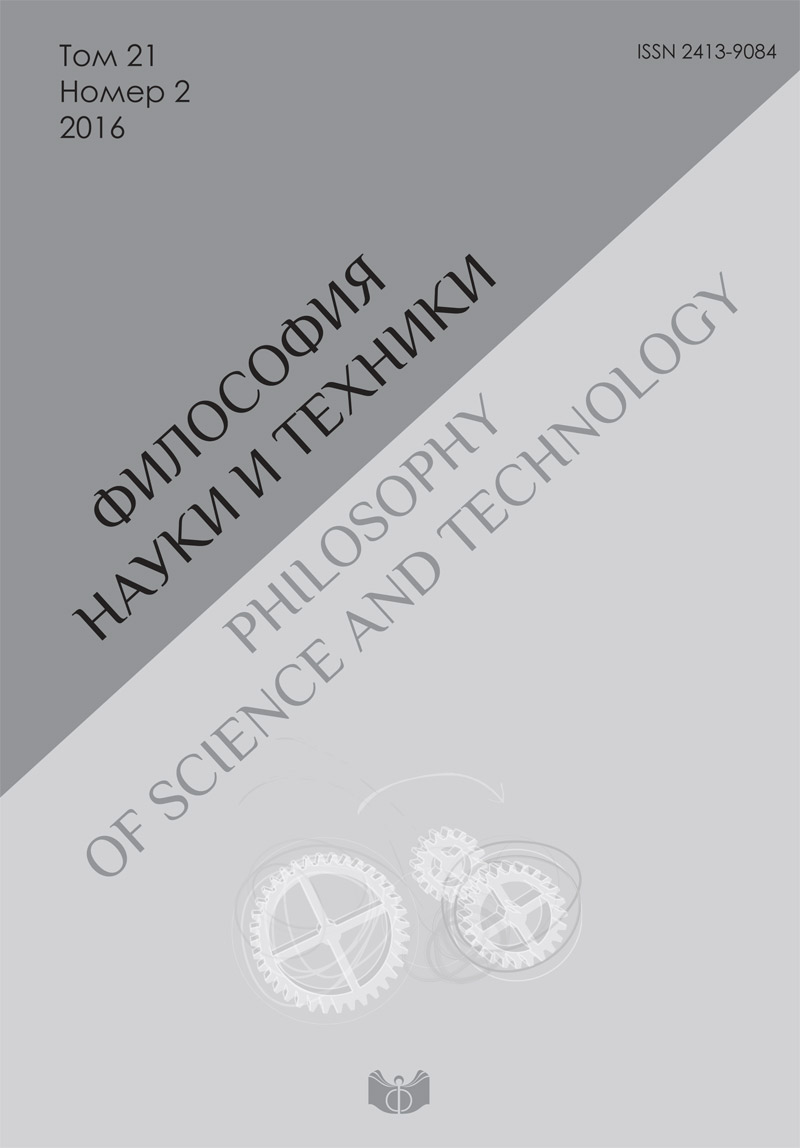Alexander Bogdanov – the founder of General systems theory
DOI:
https://doi.org/10.21146/2413-9084-2016-21-2-80-96Keywords:
Alexander Bogdanov, tectology, the universal organizational science, General systems theory, systems approach, Cybernetics, synergetics, autopoiesis, empiriomonism, optimumAbstract
The article is dedicated to Russian scientist Alexander Bogdanov who’s main work “Tektology” can be regarded as a forerunner of the systems theory. Bogdanov has proposed “universal organization science” in his works written in 1912–1917 and it was not only an outstanding attempt for its time, but it remains an important theory for the present for it shows the way to generalization of the universal institutional laws governing behavior of any complex system, whether natural, technical or social. The aim of this science is to find out what methods of organization are observed in nature and in human activities; then to generalize and systematize these methods; and further – to explain to them, that is to give the abstract schemes of their tendencies and laws; and finally to determine on the basis of these diagrams the direction of organizational methods and their role in saving the world process. Organizational and structural relationships are considered by Bogdanov regardless of the particular nature of the system in question, and in his belief the underlying principles of organization for physical, biological, social and cultural systems are the same. Bogdanov’s tektology anticipated the cybernetics theories of N. Wiener and W. Ashby, General systems theory of L. von Bertalanffy and dissipative structures of I. Prigogine. As Bogdanov’s “Tektology” work was translated and published in German in 1928, there is an opinion that both von Bertalanffy and Wiener might have been familiar with his ideas. Bogdanov's original proposition was to unite all human, biological and physical sciences, by considering them as systems of relationships, and to search for organizing principles that underlie all types of systems. In accordance with the fundamental premises of tektology the functioning of two or more elements that are part of the same process due to the certain organization can surpass or, on the contrary, concede in comparison to the functioning of these elements taken separately in efficacy (Bogdanov also considers the “neutral” type of relationship). The main subject of Bogdanov’s “Tektology” thus is the analysis and theoretization of the organization factor due to the right application of which the efficacy of the elements constituting the whole is increased.











